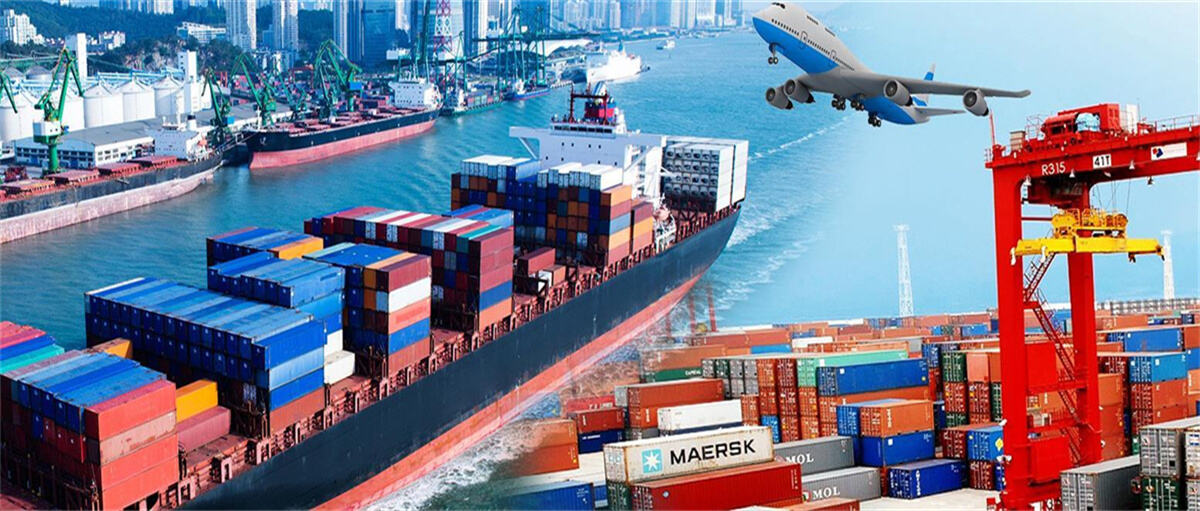
The importance of nearshore outsourcing is becoming increasingly prominent.
Geopolitical risks leading to import tariffs, export controls, and other forms of protectionism are changing the direction of trade flows. Mexico offers tax incentives to companies moving to Mexico, mainly targeting major export industries such as automobile manufacturing and semiconductors.
Actions against forced labor
In July and August, the U.S. Customs and Border Protection (CBP) penalized 708 items suspected of using forced labor in the production process, with a total value exceeding $175 million, including goods subject to the Uyghur Forced Labor Prevention Act (UFLPA) and temporary release orders. According to the Uyghur Forced Labor Prevention Act, the Customs and Border Protection (CBP) can start to detain imported gold and minerals and products containing these substances, and require importers to trace the source of these goods and materials.
The EU is taking measures to prevent products made from forced labor from being sold on the EU market and requires the destruction of such products. The revised regulations have not yet been confirmed, but once in place, the EU will begin to formulate the next steps of the regulations.
Ongoing import controls
301 tariff exemption - The U.S. Trade Representative (USTR) has extended the current 301 tariff exemption period, which was originally due to expire on September 30, 2023, and will now expire on December 31, 2023. In order to ensure the normal operation of the U.S. aluminum industry, an additional 200% tariff will continue to be imposed on aluminum and aluminum products from Russia.














































